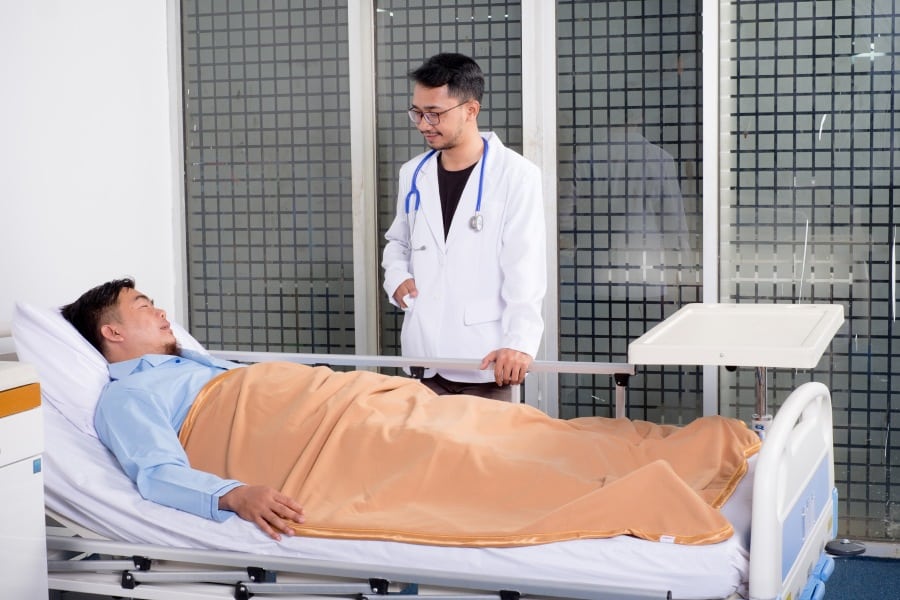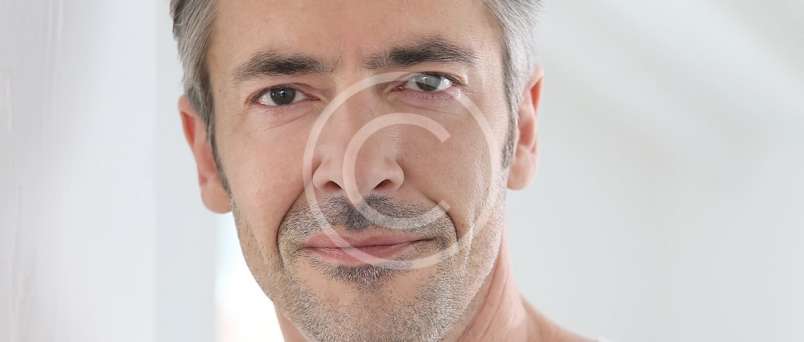Drugs Requiring Medically Assisted Detox
Welcome to the Topic “Drugs Requiring Medically Assisted Detox”
What is Medically Assisted Detoxification (MAD)?
When a person is ready to quit using drugs or alcohol, one of the first things they will encounter after entering treatment is the detoxification process. The good news is that medically assisted detoxification is available to assist in the process. Detox is the process by which the body rids itself of addictive chemicals.
Whenever anyone acquires a drug problem, the central nervous system is “rewired” to become dependent on the substance and eventually require it to function. The earliest detox stages are referred to as “dope sick,” which causes individuals to exert considerable effort to avoid the onset of unpleasant withdrawal symptoms.
When the body’s material supply is cut off, the brain sends distress signals, and patients endure unpleasant withdrawal symptoms until the meaning is removed from the body. Withdrawal symptoms subside once the brain is rewired to operate without drugs, and emotional and psychological treatment can begin. This process can take between three and fourteen days, depending on the length and severity of the addiction.
Withdrawal symptoms include the following:
- Sweating
- Excessive yawning
- Nausea
- Vomiting
- Runny nose
- Insomnia
- Anxiety
- Agitation
- Muscle aches
- Watery eyes
- Hunger
- Fatigue
- Diarrhea
- Hallucinations
- Seizures
- Tremors

Substances That Require Medically Assisted Detox
Detoxification is frequently the initial stage in drug and alcohol recovery programs, and it entails removing toxins from the bloodstream.
The occurrence of withdrawal symptoms when drugs are withdrawn from the body is one of the signs of addiction. These adverse effects can range from mild to severe to life-threatening, depending on the type of drug taken, how it was misused, and the degree of dependence.
Physical and psychological withdrawal symptoms are common, frequently accompanied by drug cravings. Often, abruptly ceasing substance abuse, or “cold turkey,” is not suggested, and medically supervised detox may be the best course of action.
Medically assisted detox is carried out in a monitored environment staffed 24 hours a day by medical specialists. Certain medications require gradual and gradual weaning, or tapering schedule, to gradually lower the number of medicines in the system to zero. Others may need treatment to control withdrawal symptoms and cravings during detox.
Certain chemical addictions are more likely to require medical assistance than others, and the most likely candidates include the following:
- Prescription opioids
- Heroin
- Benzodiazepines
- Alcohol
Prescription opioids and heroin
Opioid medications include both prescription narcotics such as OxyContin, Percocet, Vicodin, fentanyl, morphine, and codeine products, as well as heroin.
Opioids are extremely addictive and carry a higher-than-average risk of abuse and dependence. Opioids attach to opioid receptors in the brain, inhibiting pain perception and inducing feelings of relaxation. Prescription opioids such as Percocet, Vicodin, and OxyContin are included in this class.
While opiate withdrawal symptoms are not always life-threatening, they can be challenging to manage on your own without treatment.
Medications are typically essential for successful opioid detoxification because the withdrawal symptoms are so unpleasant that many patients will revert to narcotics to self-medicate the withdrawal symptoms before the detoxification is complete.
Alcohol.
While withdrawal from opioids and benzodiazepine medicines is unlikely to be lethal, abruptly ceasing alcohol use in someone with severe alcohol dependence can be fatal. Alcohol is a depressant of the central nervous system that is frequently overused owing to the release of dopamine or pleasure cells that drinking can produce.
Heavy drinking episodes typically result in withdrawal within eight hours of the last drink. Most adults can identify with the following hangover symptoms: nausea, drowsiness, exhaustion, vomiting, dehydration, mental fog, headache, sleeplessness, fast heart rate, perspiration, short-term memory lapses, and muscle aches. Regular drinkers with an alcohol use disorder will also experience emotional side effects such as melancholy, anxiety, irritability, mood fluctuations, difficulty concentrating, nightmares, and jumpiness during withdrawal.

Benzodiazepines.
Xanax and its generic equivalent, alprazolam, are among the most frequently prescribed psychiatric medications in the United States. According to the National Institute of Mental Health (NIMH), over 85 million prescriptions were made in 2007, and one in every twenty American individuals aged 18 to 80 received a prescription for benzos in 2008. Benzodiazepine tranquilizers are prescription drugs that function as central nervous system depressants, relieving anxiety and panic attacks and aiding in sleep. Additionally, they reduce heart rate, blood pressure, body temperature, and breathing, resulting in a calm and relaxed mind.
Benzodiazepine drugs act on the brain’s gamma-aminobutyric acid, or GABA, receptors, increasing pleasure while lowering the “fight or flight” response. Even when taken as prescribed, you can acquire a tolerance and dependence on these drugs over time. Medical specialists recommend gradually decreasing your dosage during medically assisted detox to minimize uncomfortable withdrawal symptoms.
Xanax and Ativan are short-acting benzos that may be used in place of longer-acting benzos such as Valium or Librium during medically supervised detox to help alleviate potential adverse effects.
The Benefits of Medically Assisted Detoxification
Withdrawal symptoms can be highly unpleasant and, in some circumstances, deadly. Withdrawal from alcohol, in particular, is frequently lethal. Medically aided detoxification and medical supervision are critical components of properly detoxing from drugs or alcohol.
It has the potential to save your life.
When medication is used during detox, your body alleviates unpleasant withdrawal symptoms, allowing you to focus more intently on rehabilitation. Additionally, medication may be prescribed to assist you in overcoming any cravings. Vivitrol is one of the most frequently prescribed drugs to help with this.
Apart from medically assisted detox, medications such as Zipitrol are available. This helps clients avoid getting high, even if they continue to use drugs or alcohol after treatment. It offers an additional cushion to assist individuals in maintaining their sobriety.
Increased likelihood of recovery.
Medication is especially critical to utilize because most relapses occur within the first 90 days of sobriety. This includes the initial 90 days in a treatment center, not simply following program completion. Individuals frequently decide to “give up.” They persuade their families into allowing them to return home, sneak narcotics into the institution, or just get up and leave for a day to use and then return. If you can get through this difficult phase of intense cravings with the assistance of medicine, your chances of remaining sober in the long run are significantly improved.
Have any questions regarding the topic “Drugs Requiring Medically Assisted Detox” feel free to comment below.
Also Read: How Do I Help A Recovering Alcoholic?

